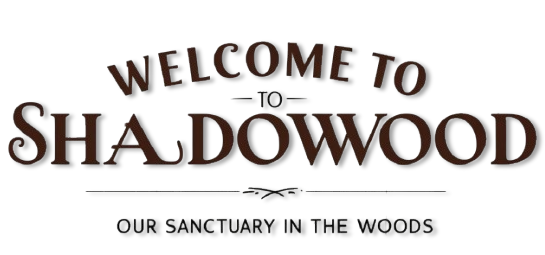Q. I am looking into becoming a horse exerciser, and I would like to know if anyone can help me get information on it. I do have experience with horses, and I have been around horses all my life. I know how to ride, and I know how to deal with them! My neighbor lady has been a champion barrel racer, and she knows A LOT about horses and how to deal with them. I have ridden her horses, and my other neighbor has one old horse and a boarder, and they just got two new horses. I have ridden all of them, and I love to be with them! I just don’t have my own. I love to ride them, and I’m in a horse science class at school right now. We are learning a lot about a horse’s background how they act how to judge horses and what to look for to buy one. I like Quarter Horses and all the other ones, but Quarter Horses are my favorite.
I am looking for a job in Minnesota near Buffalo or Hanover or in that area within the Cities maybe! The kind of job I would like is going to a horse ranch and exercising other people’s horses or riding them for the people if they work a lot and don’t ever really get time to go out riding. I love horses, and I want to get into the horse thing!
What are some other jobs with horses?
A. The first thing you need to do is define what sort of employment you’re seeking, and then identify which skills you possess in that field that would be marketable to a prospective employer/trainer/stable owner. It is unlikely you will find a professional stable owner/manager who will allow you to exercise horses without first becoming well acquainted with your riding and horse-handling ability. You will need to prove yourself to eventually acquire the working position you desire. You should be prepared to accept a position where you can be taught the correct way to handle the horses as you work. Your best bet will probably be to seek out a position as a working student or groom/stable hand. From there, your willingness and ability to learn, as well as the quality of your work will dictate how quickly you work your way up to the position you want. That’s not to say you might not come across the casual horse owner who’s willing to allow you to exercise his or her horse on occasion. It could happen, but it would be more a matter of luck and fortunate timing than anything else, and it’s unlikely you would get paid for it.
There are many fine stables around the Twin Cities (I’m up in northern Minnesota), and I imagine a few of them offer working student programs. You might be able to get a listing of MN stables through the MN Horse Council. You can contact them through their website at:
MN Horse Council
You can also find MN stable listings through the following link:
Just get out there and make contacts. Visit stables and talk to managers and owners. If you have access to a show-quality horse, get out there and show. It’s great exposure for a rider who wants to get noticed by prospective stable employers and trainers. Since you are particularly interested in Quarter Horses, you should attend as many Quarter Horse shows as possible. Talk to competitors at their trailers and find out which stables they show out of. Go to these stables and take riding lessons. It’s a great way to “show your stuff” to the powers that be at these barns. Professional horsemen and women are extremely hard-working and dedicated, and they realize that equestrian goals often take considerable time and effort to achieve. To impress these people, you will need to demonstrate the same qualities. The following links will provide you with information about upcoming Quarter Horse shows as well as many other equestrian resources in MN:
MN Amateur Quarter Horse Association
MN Horse Connection
The employment opportunities within the horse industry are far too numerous to list. They encompass everything from horse trainers to riding instructors to stable workers to tack store employees to horse magazine writers to veterinarians to professional show managers to stable construction to equine insurance specialists and so on and so on and so on. The possibilities are endless.
The following links will help acquaint you with some of the employment opportunities. The first is an equestrian employment agency based in the U.S., and the second is in Canada. The third link is a searchable database for equestrian employment.
Professional Equine Employment
Equine Canada
Equine Employment Online
You are enthusiastic about spending time with horses, and that’s a very important attribute. However, please realize that having ridden half a dozen different horses in your lifetime does not necessarily make you an accomplished rider. When you approach stable owners, managers, and trainers looking for work, be prepared to answer some tough questions:
- Exactly what is your riding experience? How long have you been riding? At what level are you currently riding? Where? With whom (instructor, trainer)? Which seat(s) and activities? How many horses have you ridden? Which breed(s), ages, and levels of training?
- Where have you taken instruction? For how long and with whom? In which seat(s)? Are you still taking riding lessons?
- What is your competitive experience? In which shows have you competed successfully? How many shows/classes? Which classes/events? When was the last time you showed up? When is your next show scheduled?
- Have you worked at a stable before? In what capacity? Where and for how long? Why did you leave that position? Do you have professional references? Are you willing to do grooming and stable work in exchange for lessons as a working student?
Your answers to the above questions will in large part determine your suitability for employment at a riding stable.
